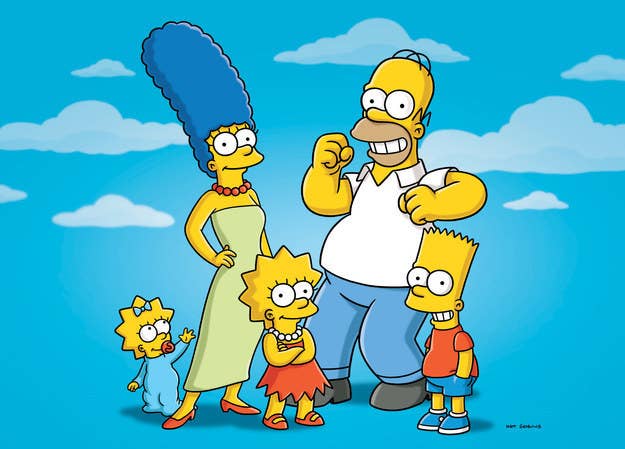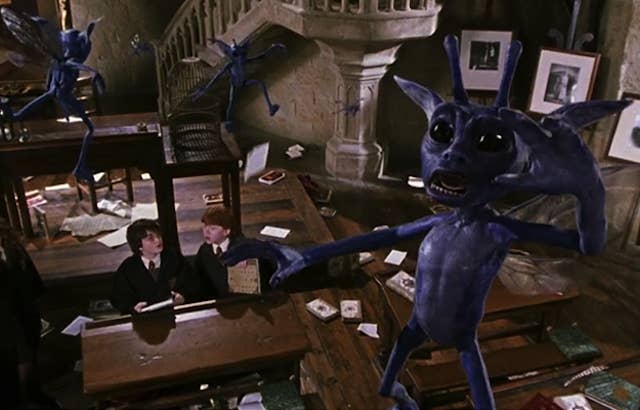
Netflix Chief Content Officer Ted Sarandos, in response to a question on the company's second quarter conference call about the importance of acquired content to its subscribers, said, "The content right now is so great, and there's so much of it being produced, you could barely watch it all in your lifetime. So the library becomes important because people have never seen it, so to them it's new."
The comment underscores perhaps the most overlooked reason Rupert Murdoch is all too eager to spend $80 billion to acquire Time Warner: Uniting the Warner Bros and 20th Century Fox production studios would give the mogul control over the two largest film and television catalogs ever assembled.
Among the strategic reasons cited for a Fox-Time Warner merger include gaining scale to balance leverage in carriage negotiations with consolidating cable distributors Comcast-Time Warner Cable and AT&T-DirecTV and increased control over a wide array of sports rights. But, at bottom, the deal is essentially a market share play on control of content rights, past, present, and future. Warner Bros ranks as the largest holder of intellectual property rights in the world. Its library includes more than 61,000 hours of programming consisting of nearly 6,500 movies and roughly 3,000 television shows, the latter of which can be broken down into tens of thousands of individual episodes. For its part, 20th Century Fox ranks as the second largest.
A combination of the two studios would put control over television shows ranging from Alice and The Big Bang Theory to The Simpsons and Modern Family and movie franchises such as Harry Potter, Lord of the Rings, and Avatar into the hands of one company.
"A core foundation to these deals is the recurring cash flow generation from selling intellectual property rights over and over again," said The Carmel Group's Jimmy Schaeffler. "They will occupy the most important seat at the content negotiation tables."
Think of it this way: Owning video rights gives Murdoch the ability to sell into any distribution channel, incumbent or emergent. Pay-TV, on-demand, basic cable, broadcast TV, streaming. Whatever it is, for it to succeed it will need to have Fox-Time Warner content. The library is in essence both a bargaining chip and a highly lucrative annuity.
Consider these statistics: Warner Bros produced more than 60 TV shows in the 2013–2014 season, while Fox produced 38. Their respective film studios currently rank first and second in box office market share this year, with 20th Century Fox having already grossed $1.1 billion domestically for an 18.6% market share hold and Warner Bros generating $982 million for a 16.7% slice of the market. Together, they would control 35.3% of the domestic box office.
"Merging the two studios is a big deal," said Laura Martin, managing director and entertainment analyst at Needham & Co. "The fact that the libraries are getting bigger just means that if a buyer wants a particular title the odds are greater that it is sitting in one of those two libraries."
Martin added that while the U.S. pay-TV industry has matured, it is growing internationally in tandem with a burgeoning middle class throughout Europe, Latin America, and Africa. An explosion of new video channels in those markets means more buyers for the combined company's library product.

The music industry offers a parallel. Over the last decade, as CD sales have collapsed and new distribution avenues from iTunes and Pandora and YouTube have emerged, revenue generation, and by extension power, has shifted from recorded music to publishing. Separate compensation systems are in place for the composing of a song's music and lyrics and its recording since in many cases the person or persons writing or producing a song is different from the singer or band performing it. A wave of consolidation has swept through the industry as major record labels have sought to build up their publishing catalogs — EMI's music-publishing division, for instance, was sold for $2.2 billion to a group headed by Sony/ATV Music Publishing, Sony Corp.'s joint venture with the estate of Michael Jackson — and private equity-backed firms have sprouted up to roll up their own stable of artist catalogs.
The analogy is imperfect if only because of the sorry state of the music industry. The benefits that would accrue to Murdoch from controlling such a massive back catalog of video content would be exponentially greater given the robust marketplace.
"Movie and TV libraries are highly monetizeable through licensing to digital outlets," said David Pakman, former Emusic CEO and current partner at venture capital firm Venrock. "I see music and the movie and TV businesses very differently. One is unbelievably healthy and given the video distribution world allows for all sorts of leverage to exact large and gravity-defying (and perhaps uneconomical) rents. The other is crumbling to pieces and is scraping at any new revenue source available."
Video rights are sold in bundles, so the value of a library's long tail is pulled along by the studio's newest and hottest productions. Selling individual distribution rights for, say, Little Miss Sunshine now would yield little in the way of revenue, but bundling it with new movies such as X-Men or Dawn of the Planet of the Apes and selling the rights as a package is more lucrative since the newest content is of greater value.
"They would be the largest creator of movies and have the deepest catalog of titles, and linking those together is what creates value," said Martin. "They will make the library bundles that they sell worldwide larger."
Take, for instance Netflix. One can envision a hypothetical scenario in which Netflix wants to buy the rights to Fox's How I Met Your Mother and it is forced to also buy the rights to Warner Bros's Mike & Molly as part of the deal.
Put another way, the creation of by far the largest film and television library ever assembled combined with a fully functioning production apparatus for new content would give Murdoch unprecedented control over how it is made, marketed, and sold across distribution platforms.
When asked about this dynamic on Netflix's second quarter conference call, chief executive Reed Hastings said, "The more that we're working directly with producers, the less vulnerable we are to aggregation in the big content suppliers."
Don't be so sure of that.
